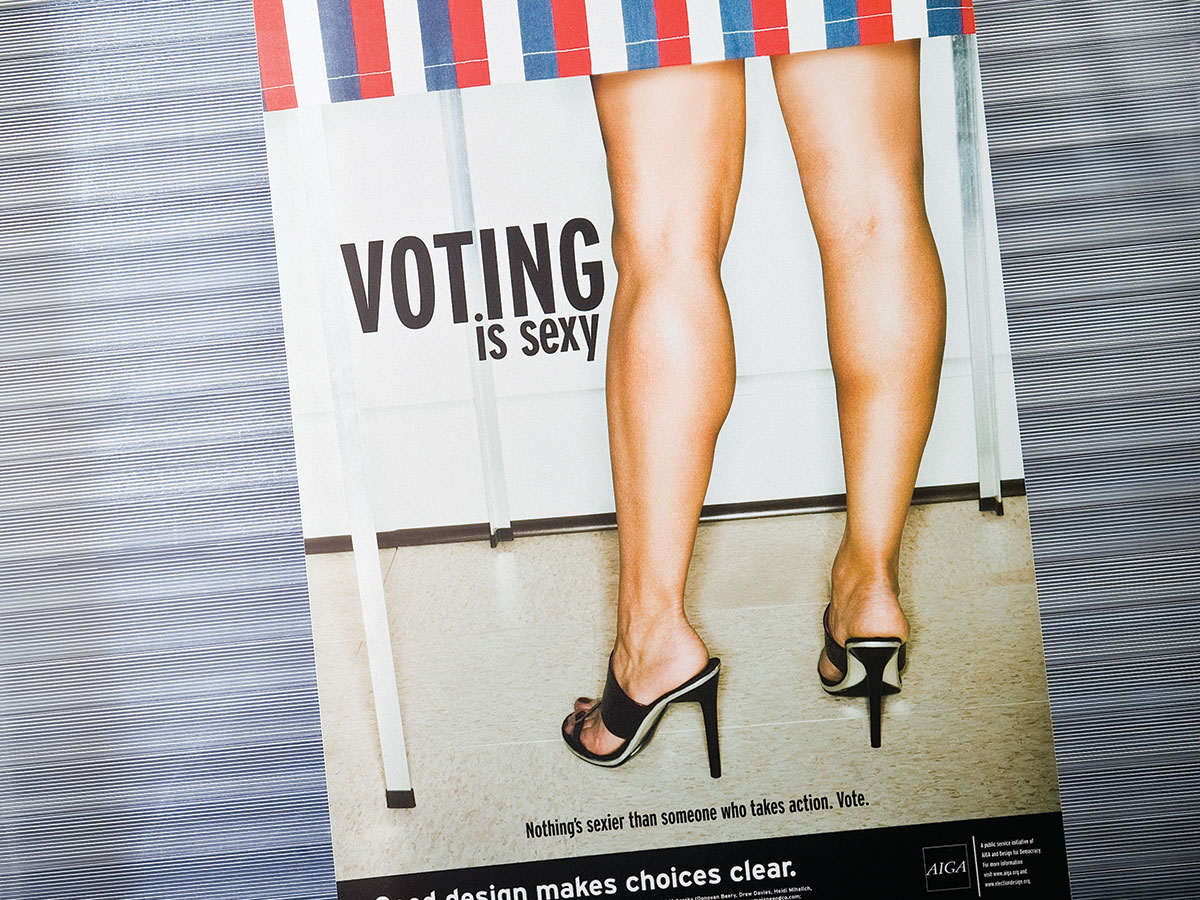Project (Don’t Vote)
Did you vote? I didn’t. Despite being the typical, pretentious friend who reminds you the right to vote is a sacred democratic privilege, I still failed to make it out to the polls this past midterm election week. The sting is amplified by the fact that Davis is a politically active college town near Sacramento that goes out of its way to encourage youth to vote.
Trying to explain exactly why I didn’t vote or utilize the multiple avenues available (absentee ballots, in person booths) is far more difficult. It was not a deliberate political statement to abstain from voting, as I’m sure some students will claim. Rather it was a convergence of inconvenient everyday life circumstances tempered with a shot of apathy.
“I couldn’t get off work.” “I didn’t arrange transportation.” “I didn’t know where to go.” “I didn’t have time to fill out the absentee ballots.” “I didn’t take time to research the positions.” “I just moved and didn’t know where to register.”
The above are all exasperatingly common and understandable reasons cited by most 18-24 year-olds when asked about their lackluster electoral participation, including the typical apathetic statement of “I don’t care/my vote wouldn’t count.” Are the youth not voting because they don’t see a reason to? Or is it because they are unable to due to a number of obstacles? Like most answers to complicated questions, the answer is a combination of the two.
While laws may strategize to make polls and registration more accessible (or inaccessible depending on your vantage point), a real shift in numbers won’t be seen until our fundamental psyche regarding voting is targeted.
Youth ages 18-24 have traditionally been the demographic with the lowest electoral turnout.
Since 1964, turnout rates among youth in presidential elections have decreased from 50.9 percent to 38 percent. Last week’s midterm election saw a youth voter turnout of just 13 percent (It’s important to note midterm elections often yield far lower turnouts than federal elections). While youth participation has always been dismal, numbers suggest that the trend of decreasing turnout will prevail. Increasingly, the youth demographic is becoming a holy grail for political parties scrambling to rebrand their messages and pull in a slice of new, young voters who seem to have retreated from partisan politics in general.
Ways to increase youth voting awareness and turnout have been examined-to-death by a variety of partisan and nonpartisan organizations including Rock the Vote and CIRCLE (The Center for Information & Research on Civic Learning and Engagement). Remedies often focus on registration as the primary obstacle, and recommend instituting ideas such as same day/ Election Day registration. States such as Maine, Wisconsin and North Dakota (no voter registration) boast higher registration and voter turnouts. California’s online voter registration experiment also proved fairly successful in its sample groups this past election season (I personally registered online and found it much easier and convenient) and it seems fitting to make this option available to the “most technologically savvy” generation. In fact many would claim that the latest legislative trend has been to institute laws that inhibit voting amongst the youth demographic (voter ID laws, laws preventing early registration).
That trend is perhaps most indicative of what is wrong with our youth’s electoral participation.
Despite various tangible obstacles, many feel that the real reason people don’t vote is due to a general apathy towards our political system. The gridlock, the pandering, the inattention paid to young people and their issues, the list goes on. Years like 2004 and 2012, where the Iraq War concluded, and the nation’s first African American president was elected; years when hope and the possibility for change were re-injected into our political cycle, saw proportionally higher youth electoral turnout. These years are non-partisan proof that once the youngest generation is convinced that the political system will and can work in their favor--whether it be through better media messaging or transformative and beneficial legislation, the key to higher youth electoral turnout will be found.
[yop_poll id="43"]

